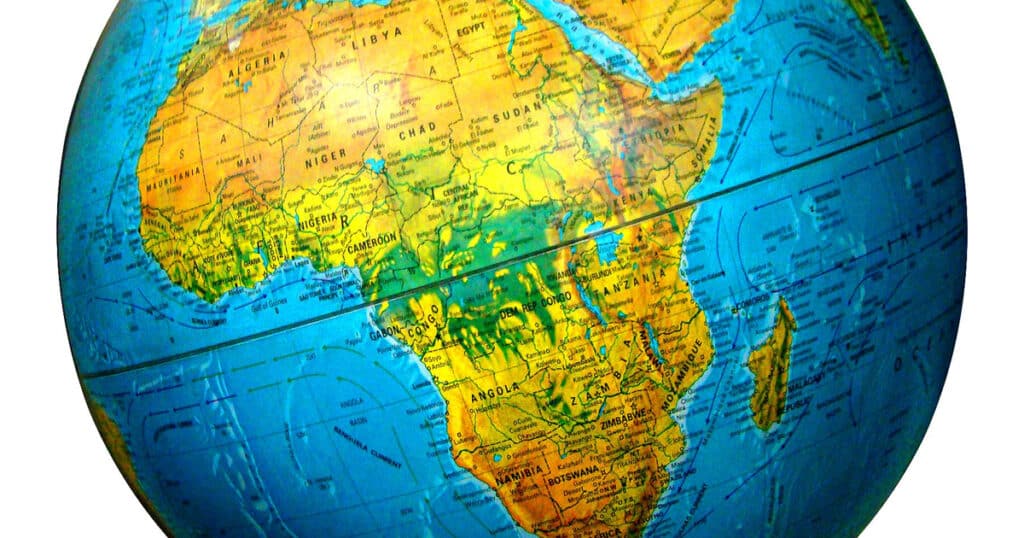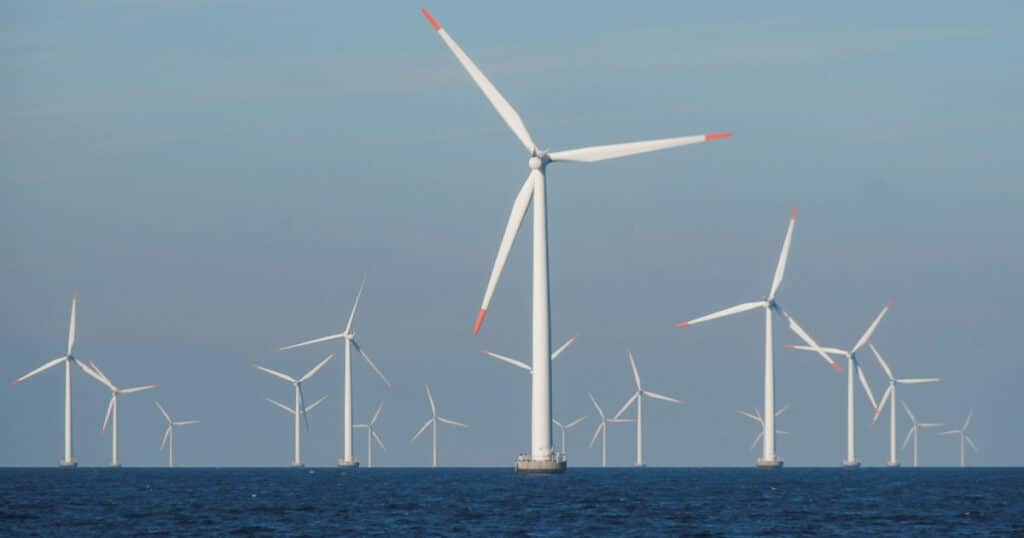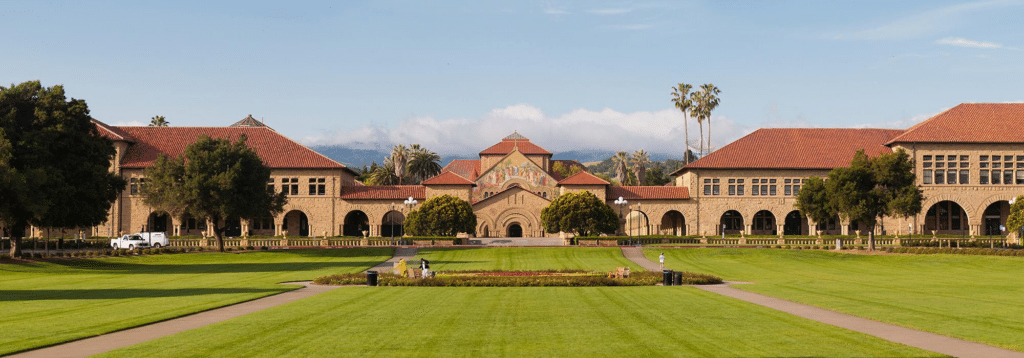
Africa Today: A Very Different Continent, Lessons From the U.S.-Africa Summit
At the climax of the U.S.-Africa Leaders Summit, the Biden White House proclaimed that “Sub-Saharan Africa is critical to advancing our global priorities,” including U.S. national security and climate change interests. The White House announced the U.S. plans to commit $55 billion in African support over the next three years and called on the African union to become a permanent member of the G20.
First fruits of this new commitment included $15 billion in new investments for Africa; $8.1 billion will go toward helping the Republic of South Africa (RSA) to replace coal-fired power plants with renewable energy. Coal production in RSA totaled nearly 260 million metric tons in 2019 and employed over 92,000 South Africans. Coal still supplies over 70 percent of the nation’s electricity demand.
“I was positively amazed,” said South African philanthropist-businessman Ivor Ichikowitz, speaking of the Summit, which attracted leaders from 54 African countries to come to Washington, D.C.
In addition to the plenary sessions and private meetings, the leaders attended a number of side events with multiple public and private sponsors to discuss issues ranging from African migrant workers to energy and technology issues to food security, health care, and climate change. Of particular interest were sessions on “investing in Africa’s creative industries” (sponsored by the Atlantic Council) and “partnering for our shared future” (sponsored by Microsoft).
Ichikowitz explained his amazement: “The most valuable outcome of this summit is the fact that, for the first time ever, we heard U.S. officials talking about investment partnerships and not about aid or U.S.-centric trade only. For the first time, the U.S. began to see African nations as potential partners rather than charity-seeking liabilities.”
Ichikowitz, whose family foundation funds the very informative African Youth Survey, praised the efforts of the President and especially staff from the Departments of State and Commerce for presenting very tangible, implementable actions that can be agreed upon. The Biden Administration, he acknowledged, “has realized that Africa today is a very different continent.”
Africa is still the most misunderstood continent, and American officials must recognize that each of the 54 countries represented at the summit must also be engaged on a bilateral basis. Only through that direct contact will the many African heads of state who felt welcomed and valued at the summit continue to believe that the United States is treating them with respect.
Moreover, said Ichikowitz, American officials need to realize that perception is just as important as implementation of the promised assistance and cooperation. Africa must no longer be seen as a continent from which to extract raw materials to be processed elsewhere. National leaders today are encouraged to adopt policies under which no African raw material can be exported unless there are significant benefits to the people of the nation.
He pointed to a decision by Gabonese President Ali Bongo Ondimba, who shortly after taking office in 2009 announced a ban on exports of unhewn timber. The goal was both to conserve forest resources and fight domestic unemployment. Since assuming office, Bongo has expanded protected nature zones and created 13 national parks.
Gabon’s desire under the new policy was to export “finished and semi-finished products with a high added value.” At the time, Gabon was exporting about 3 million cubic meters a year of wood, over half of which was unprocessed, chopped lumber.
Despite the new law, poaching and illegal logging have continued. In 2019, Bongo even fired his own vice president and forest minister “after hundreds of containers of illegally logged kevazingo wood” that had been seized went missing. Timber is by far the nation’s largest private employer, and thanks to Bongo’s edict, there are more jobs available than Gabonese workers to fill them.
Another example of a changing Africa is an emerging African Food Security Renaissance. The Republic of the Congo, thanks largely to a $40 million U.S. investment over a 5-year period, is preparing to become a world relevant player in the global fertilizer sector. The nation is blessed with enormous reserves of potash, abundant natural gas, and phosphate.
Kanga Potash, located in the Republic’s Kouilou Region, was awarded a production license in July, and President Denis Sassou Nguesso has negotiated a long-term gas supply agreement “at viable prices” that will also result in dramatic reductions in natural gas flaring that harms the environment.
Executive Chair Stéphane Rigny is overjoyed at the new-found U.S. interest. “We [had] never looked to the U.S. as a source of support, as American investors have typically been shy of investing in non-oil and gas projects on the continent. Things have apparently changed. Debates are now existential, and value is not just about financial returns.”
The Heritage Foundation’s Anthony B. Kim, who edits the foundation’s annual Index of Economic Freedom, agrees that a renewed American effort to promote economic freedom in Africa should be a central part of the long-term U.S. mission to assist African countries. He cautioned, however, that African nations need to do more to advance economic freedom and liberate the continent’s growing cadre of entrepreneurs. It is important, Kim urged, that U.S. policy makers go beyond the Summit’s glowing promises and focus on advancing free-market policies that enhance overall economic freedom in Africa and help its nations build strong economies.
The next step, therefore, must be to work with the African Continental Free Trade Secretariat toward a real trade deal that binds all players to the rule of law, market openness, and regulatory efficiency — all key ingredients of the economic freedom that will help usher in an African Century.
The prospects are good that this will happen, especially given the Chinese intrusion into African markets that has perhaps prompted the U.S. to meet the challenge. “Africa,” says Ichikowitz, will emerge as an equal partner in the global economy. That the U.S. has made this important gesture marks a fundamental change and supports the African transition to a globally important economic contributor.”
Duggan Flanakin is a Director of Policy at the Committee for a Constructive Tomorrow (CFACT).
This article was originally published by RealClearEnergy and made available via RealClearWire.



